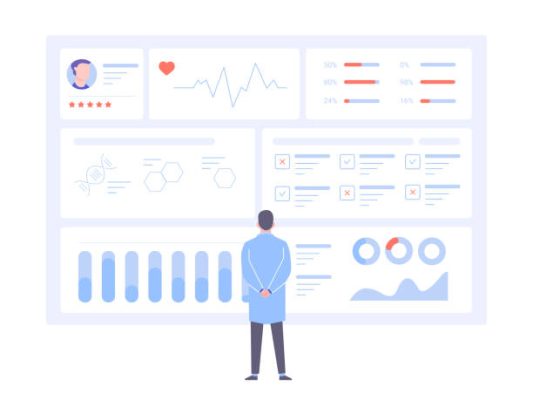
Information collected and stored about a person's health status is used in many areas, including the diagnosis, treatment, and prevention of disease. Health data, This may include information such as patient medical history, medication use, laboratory test results, medical imaging results, health records, and treatment plans.
If stored in digital formats such as electronic health records (EHRs), it can be accessed by many different people and institutions, such as healthcare providers, researchers, health insurance companies, and government agencies.
Health data, Because it is private information, it must be strictly protected, especially if it contains personally identifiable information.
Healthcare institutions implement strict security protocols to protect health data and guard against unauthorized access, use, or sharing of that data.
This data is sensitive due to privacy and security concerns, and healthcare institutions in most countries take special measures to protect this data. For example, healthcare institutions establish privacy policies, such as requiring written consent for sharing medical records, and implement measures to ensure the security of health data.
Health data, It can be obtained from many different sources. These sources may include medical records, lab results, imaging tests, drug prescriptions, hospital records, health insurance records, mobile health apps, and fitness devices.
Medical records, which contain information about a person's health, are an important source of information used by healthcare providers for diagnosis and treatment.
This data may include information about a person's past and present health status, diagnoses and treatments, medication use, test results, surgical history, and similar information.
Health data, It can also be used by researchers and analyzed to understand the causes of diseases, risk factors and treatment methods.



